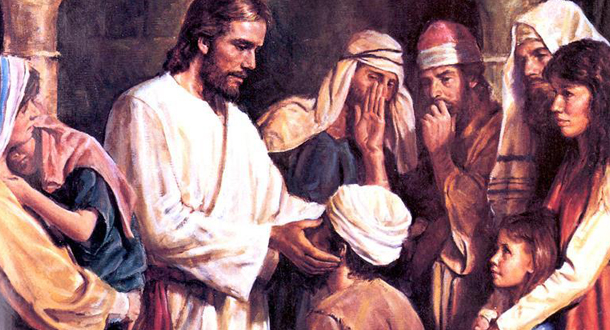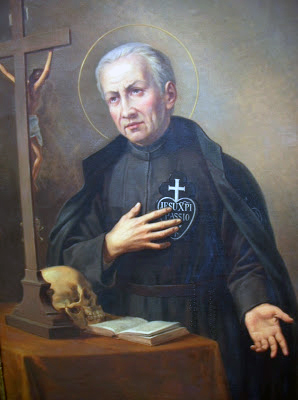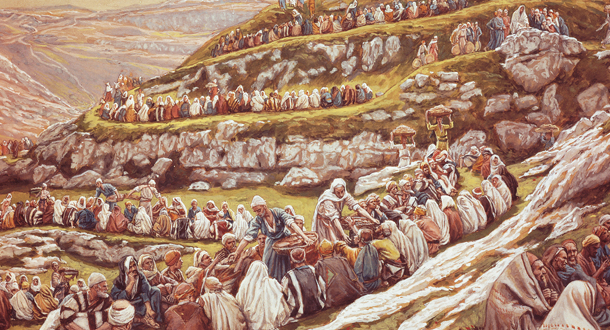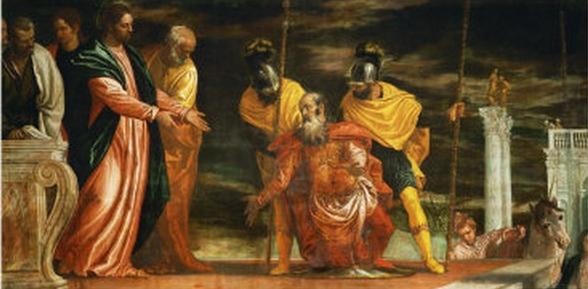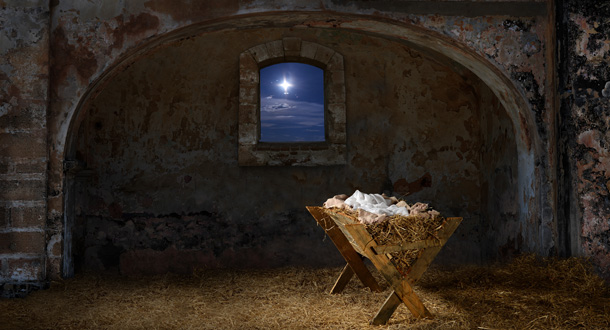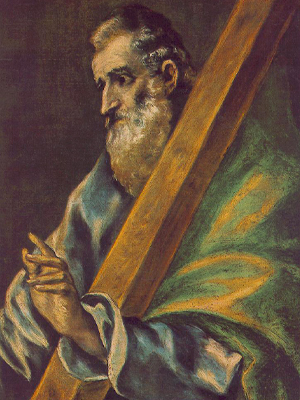
Scripture:
Isaiah 30:19-21, 23-26
Matthew 9:35-10:1, 5a, 6-8
Reflection:
Jesus sent out these Twelve after instructing them thus,
“Go to the lost sheep of the house of Israel.
As you go, make this proclamation: ‘The Kingdom of heaven is at hand.’
Cure the sick, raise the dead,
cleanse lepers, drive out demons.
Without cost you have received; without cost you are to give.”
There I was, twenty years old, going to college largely due to the financial and moral support of two neighbors who we as children growing up called Aunt Jerry and Uncle Tom, when I got a call from another supporter, Fr. Joe. Fr. Joe was just assigned to Immaculate Conception (IC), the local Passionists’ Parish. Our friendship went back to my seventh grade at IC. He was Confrater Joe then, a major seminarian at the Monastery to which IC was attached. We got to know each other through the John Bosco Club, a club somewhat like The Boys and Girls Clubs that are prevalent today.
Anyway, now Fr. Joe was calling me to ask if I would be willing to teach a High School CCD class starting next Tuesday evening at 7:00 pm. I objected, saying I didn’t know anything about teaching catechism. Fr. Joe replied: “That’s ok. I don’t know anything about running a high school catechism program, but we have 200 high school students coming next Tuesday, and I need someone to take 20 of them.” I said okay, and prayed for the best, as I’m sure Fr. Joe did then as well.
That gift (there was no recompense) of my time lasted many years. In fact, many more years than Fr. Joe remained at IC. Today, sixty years later, many of the friendships I made then are still with me today. Just as important, that agreeing to volunteer led to a lifetime vocation – teaching that I ran away from screaming: “It doesn’t pay!” In truth, it paid many more times than any dollar and cents salary could have paid.
God, thank you for the many people in my life who have freely served me and helped me grow. Please help me see Your gifts not in dollars and cents. As important as those things are in our world today, what I believe is much more important is the opportunities to serve and love You, one day at a time by serving and loving the people (gifts) You put in my life today.
Dan O’Donnell is a Passionist Partner and a longtime friend of the Passionists. He lives in Chicago, Illinois.

